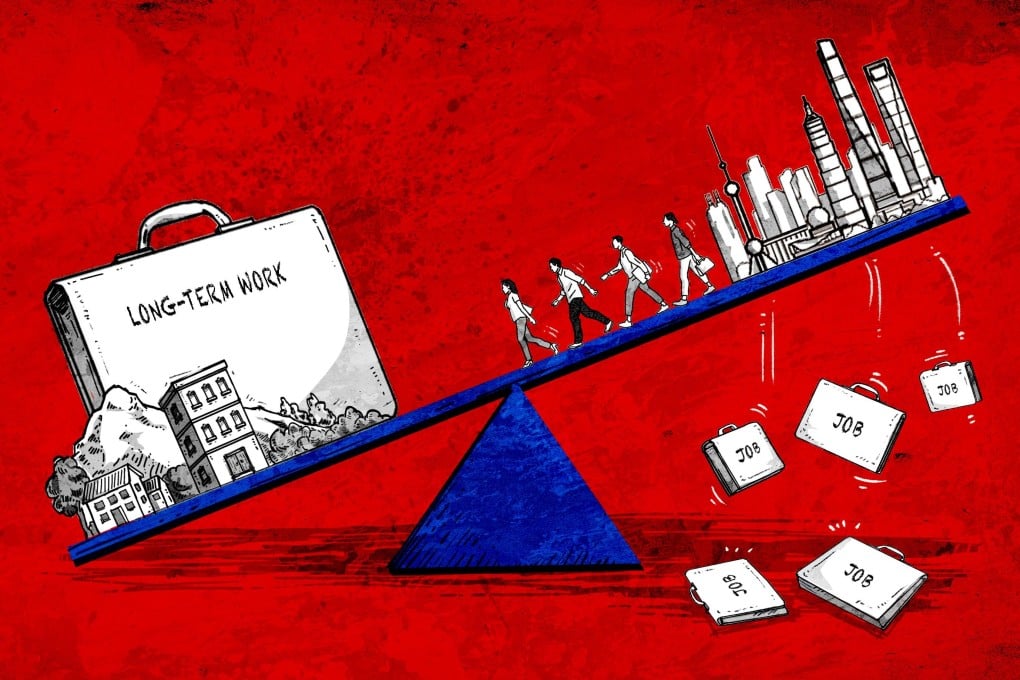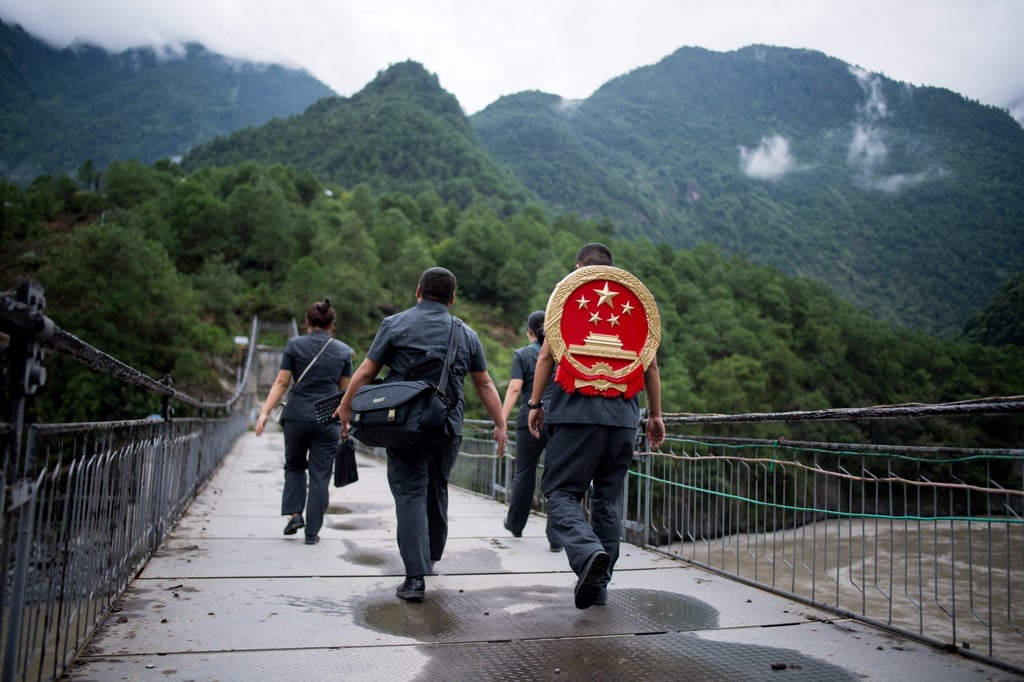China’s countryside calls to city-dwellers: settle in, relax and revitalise rural regions
- With stability waning in China’s contentious job market, the lure of long-term jobs in rustic regions hearkens back to Mao’s Down to the Countryside Movement

With an undergraduate degree in hand, Alan Shen made a smooth transition into his career two years ago by securing a highly coveted job at a private internet firm in the heart of Tianjin, one of China’s most populous cities.
But the entry-level position as an internet moderator and content censor paid just 6,000 yuan (US$840) a month. And with an eye on his future career prospects, the now 24-year-old Shen began re-evaluating whether it would be worth it in the long run.
Within just a few months, he decided to throw in the towel. It wasn’t a hasty decision, though. Shen had received an offer to work as an IT technician at a community hospital in the suburbs, opting to take advantage of a government-led initiative aimed at supporting grass-roots organisations in rural areas.
His salary, of course, took a hit. But he was still pulling in 5,000 yuan a month. And while he acknowledged that the meagre earnings would likely prevent him from ever being able to afford a home, what he got in return was much more valuable – job security and a stable income in a time of uncertainty.

“So, I quit after I was admitted to the ‘San Zhi Yi Fu’ project,” he said, referencing a nationwide programme launched in 2006 to incentivise university graduates to work in rural schools, agriculture and healthcare, as China aimed to alleviate poverty and advance development in regions lagging behind economically.
